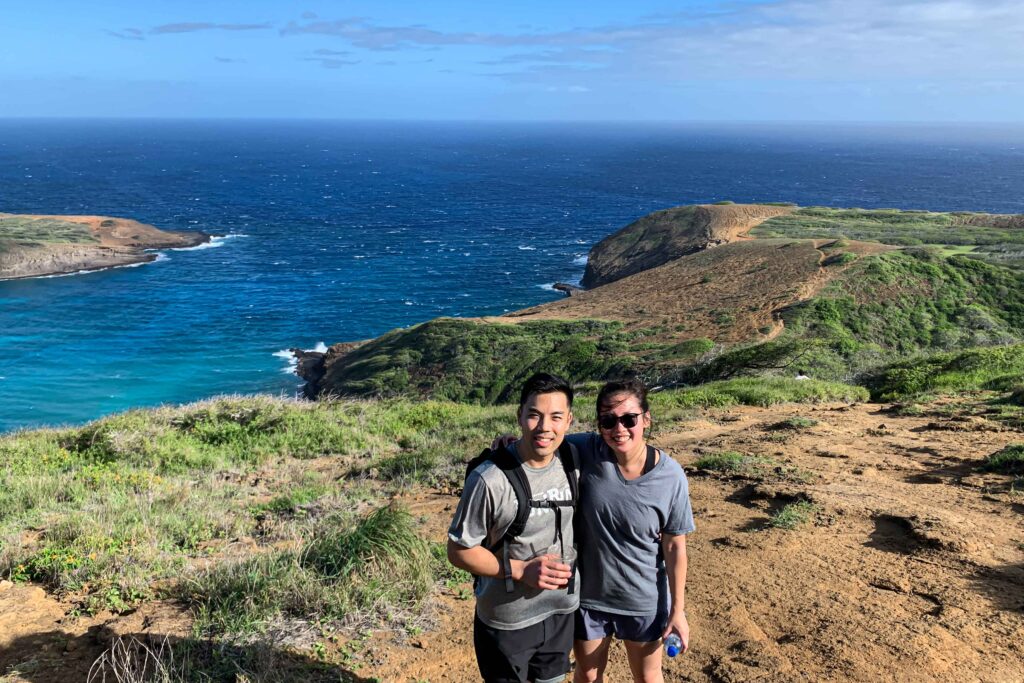David Lee, MD, is a resident in the physician-scientist training (T32) program, which prepares trainees for a successful research career in academic otolaryngology. He has just finished his second year as a resident in otolaryngology.
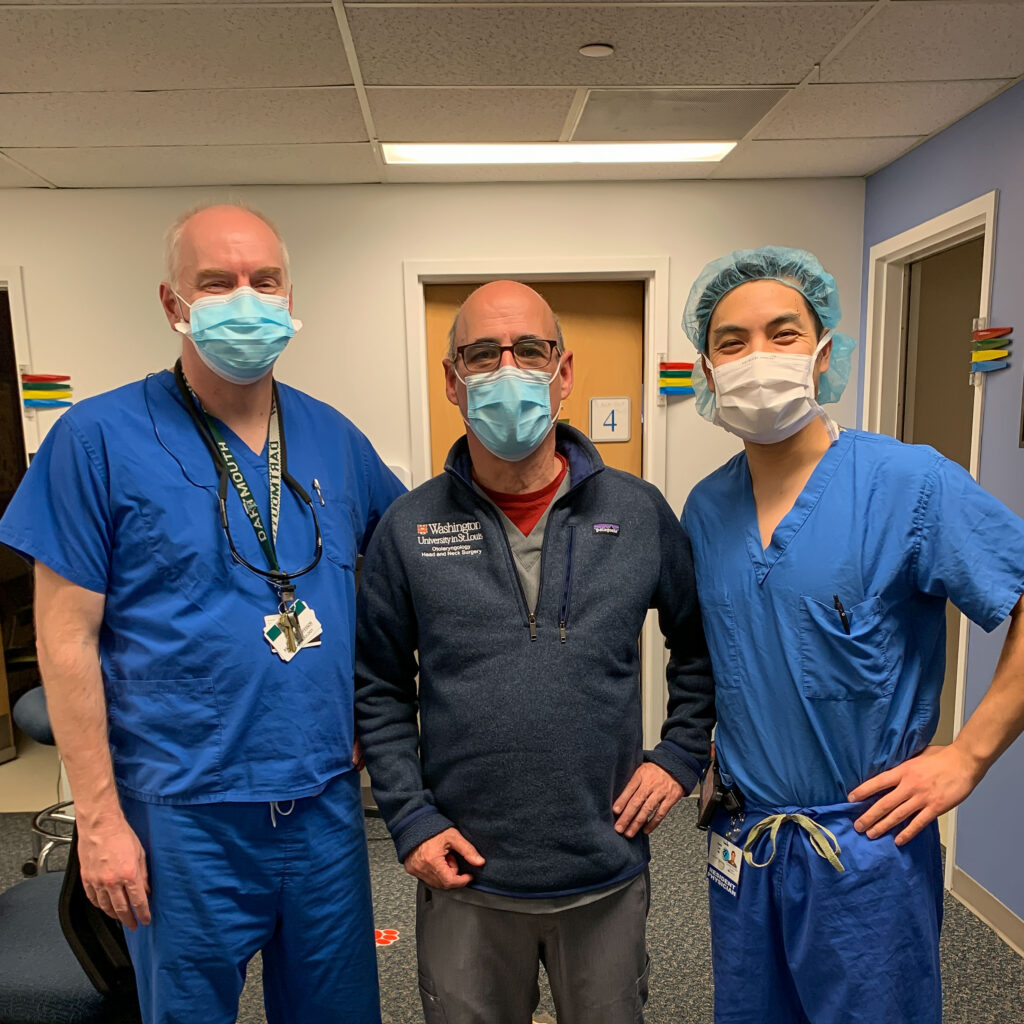
Why did you choose Washington University for residency?
WashU’s incredible research environment, high surgical volume, and great culture are what brought me here. I also had Pappy’s barbecue during my interview weekend—that pretty much sealed the deal for me.
What do you like most about being a resident and why did you choose to enter the research track?
I like the resident culture the most. They’re the people that I spend the most time with, and without them, residency would be so much more painful. I’m currently most interested in ears or head and neck.
I chose to enter the research track because I believe that the surgeon-scientist model is one of the most effective ways to advance healthcare. I’m currently working with Lavinia Sheets, PhD, studying cisplatin-induced ototoxicity using a zebrafish model. Dr. Sheets’ lab attracted me because it focuses on an issue at the intersection of my two clinical interests that does not have an obvious solution. Dr. Sheets also communicates well through memes, a talent that I think is underappreciated when selecting a good mentor.
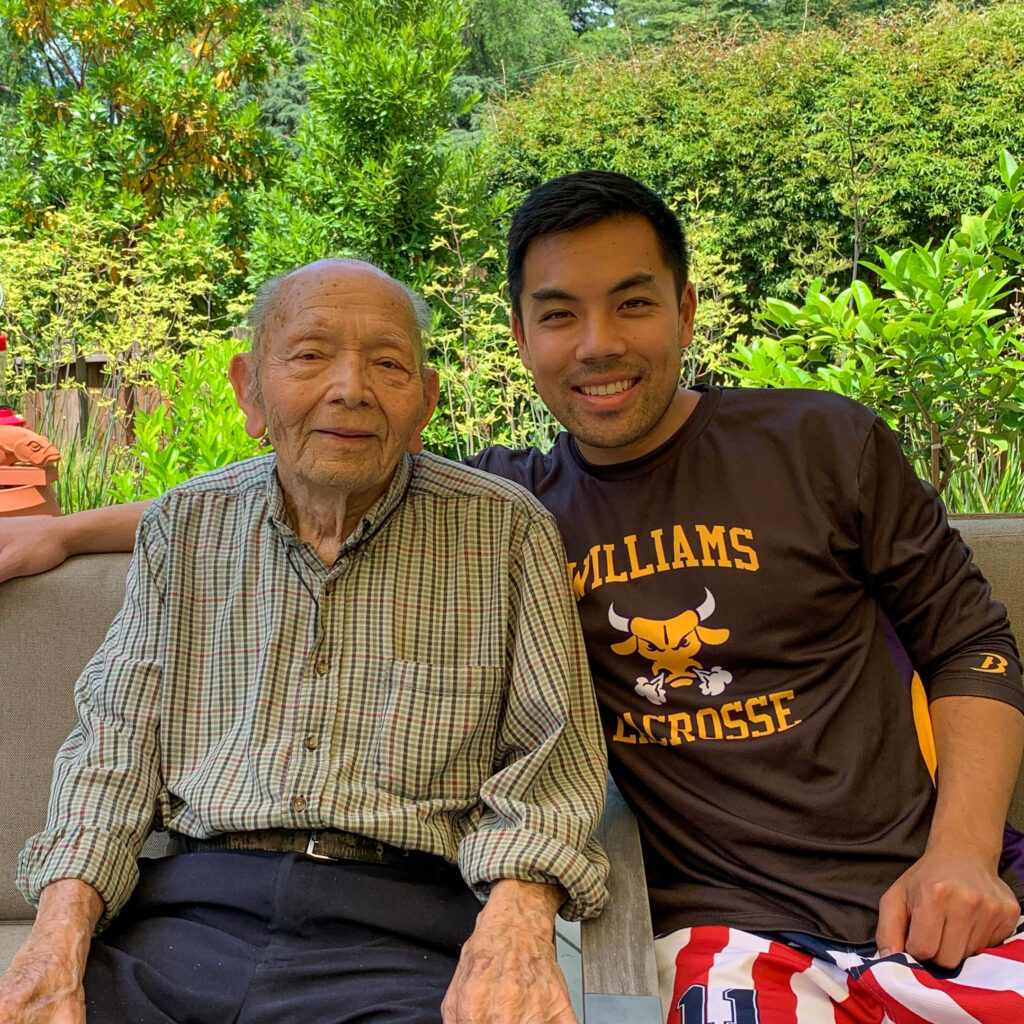
Tell us a little about your childhood. Is that when you developed an interest in becoming a doctor?
I grew up in a multi-generational household with my grandparents on my mother’s side. My parents worked a lot so my grandparents were the ones who picked me up from school, cooked, etc. They are Japanese-American who grew up in Oahu, Hawaii. They lived through the Great Depression and World War II with the bombing of Pearl Harbor. Home was a lot of time spent at the dinner table listening to their stories, folding wontons, and splitting napkins in half. I don’t know when I developed an interest in becoming a doctor, but it was early and it never wavered. The reasons for staying on this path have, of course, changed at each step of training, but the core principle of doing right by patients has been the same since day one.
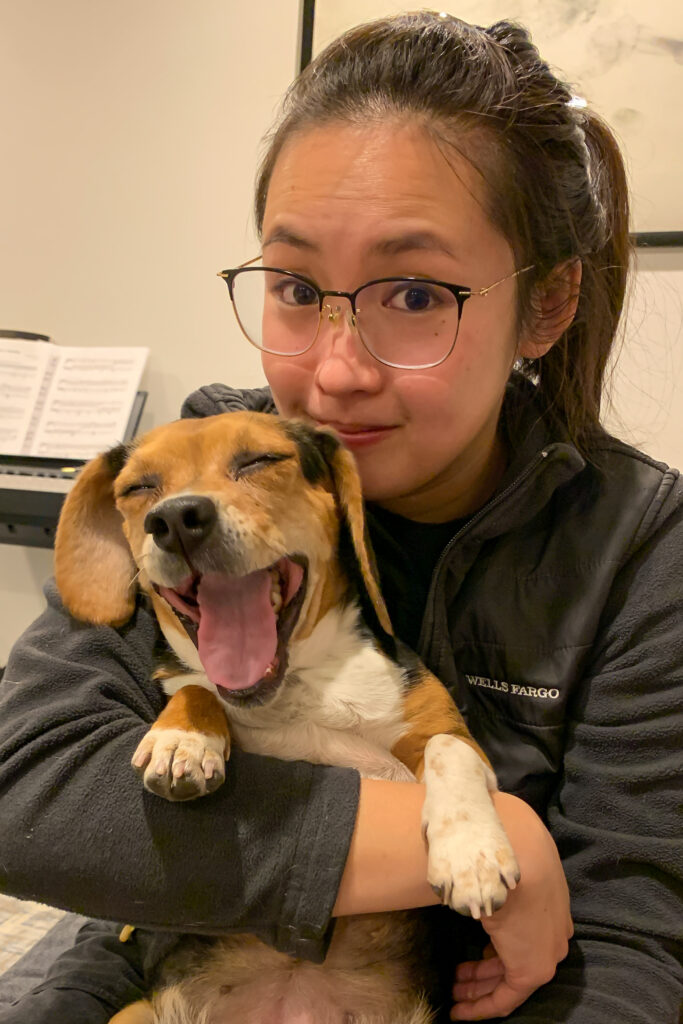
What do you like to do in your spare time?
In my spare time, I enjoy hanging out with my dog Luna, and girlfriend Alexandra Mei. They do an amazing job of taking my head out of lab and the hospital, and I’m very grateful to both of them. Otherwise, I’ve got a running game of Texas Holdem with some of my high school buddies and another one with a group of co-residents. As to whether I’m a fish or a shark, let’s just say I’m a frequent donor to everyone else’s beer money.
What is at the top of your bucket list, and why?
Not sure about a bucket list, but a good friend from college just bought a small plot of land in Idaho that he wants to convert into a farm next summer. He’s currently getting a master’s degree in something related to agriculture in Hawaii, and he wants to combine this education with his prior background in developing greenhouses for sustainable farming. I want to join him for a few weeks to help him get set up. I picture a lot of shoveling during the day and writing manuscripts in the evening.
What is your favorite movie, and why?
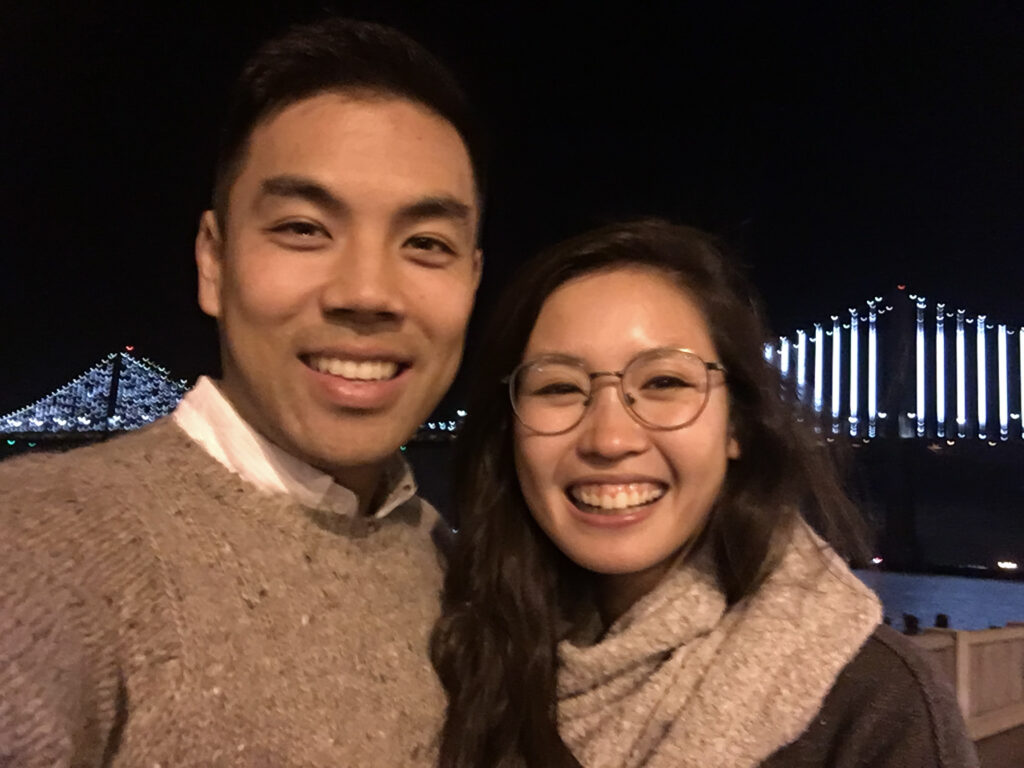
My favorite movie is Happy Gilmore. It is my favorite because it highlights Adam Sandler’s range as he goes through the highs and lows of changing careers and the unexpected loss of a mentor/father figure in Chubbs Peterson. My brother and I have watched it together probably 20-25 times. It is the only VHS that I still own. Please email me if you have a VHS player and live in STL.
What would most surprise your colleagues to learn about you?
I played jazz trumpet for four years in high school. It didn’t necessarily sound great, but I had a lot of stage presence. To put it another way, I was good enough that my parents would come to my concerts and not cringe.
